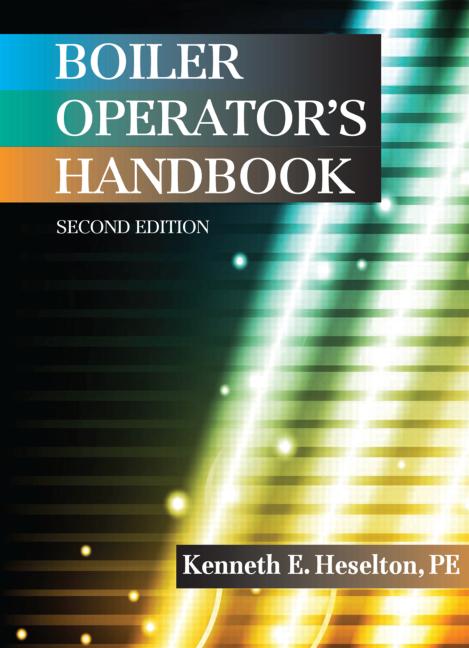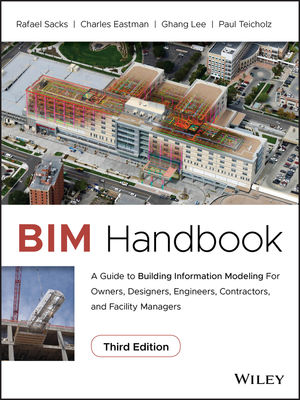A Fresh Look
It is not unusual for a facility manager to request a fresh look and/or independent facility assessment of the existing boiler plant. This study may even focus on evaluation of the operation staff structure and associated skill levels. In today's outsource environment, it is imperative that people in charge of support services staff know how they match with the competition. At the same time, this type of central plant review can be very beneficial to the facility manager and the boiler operators. Based on the findings, the facility may be prime for introduction of a much-needed retraining program that revisits the operating procedures. Taking into account today's technology, as well as a fresh look at the operating parameters, significant improvements can be achieved in boiler performance via this type of study.Policy Assessment
A second review category can be assessing existing policy and procedure manuals. Often, this is money well spent when compared with the costs associated with liabilities owners face based on the latest rules, regulations, and right-to-know laws. Combining engineering experience with legal expertise can provide a team effort and comprehensive report on what the facilities' financial exposure is when the assessment is completed.An area where we find the most return-on-investment for performing a central plant evaluation is in the preventive and predictive maintenance workorder system, including a review of service contracts. The deficiencies that are usually very prevalent are:
- Inconsistencies in the individual workorders;
- Insufficient information on the individual workorders;
- Missing equipment from the workorder system; and
- A need to prioritize the workorders to equal the available manpower needed to complete all the workorders in the system.
When reviewing the services contracts that supplement the in-house preventive maintenance, the following deficiencies frequently arise:
- Little to no paperwork exists for the work performed;
- What the service contract indicated will be completed is not done 100%; and
- Multiyear service contracts go up in value each year via an escalation rate but the quality of the work performed goes down.
One more suggestion for central plant assessment is to have nondestructive testing performed on the boilers to assist in determining remaining useful service life. In addition, this condition assessment can also focus on the potential of boiler and central plant failure. From this study risk and reliability can be deduced the costs associated with loss of business due to boiler failure. Quite often the cost of proactive maintenance will clearly justify the cost of reactive maintenance based on the projected "lost revenues."
As the cost of business continues to rise, there is a lot to learn from existing central boiler plants. In turn, there are a lot of questions that need to be answered. ES


